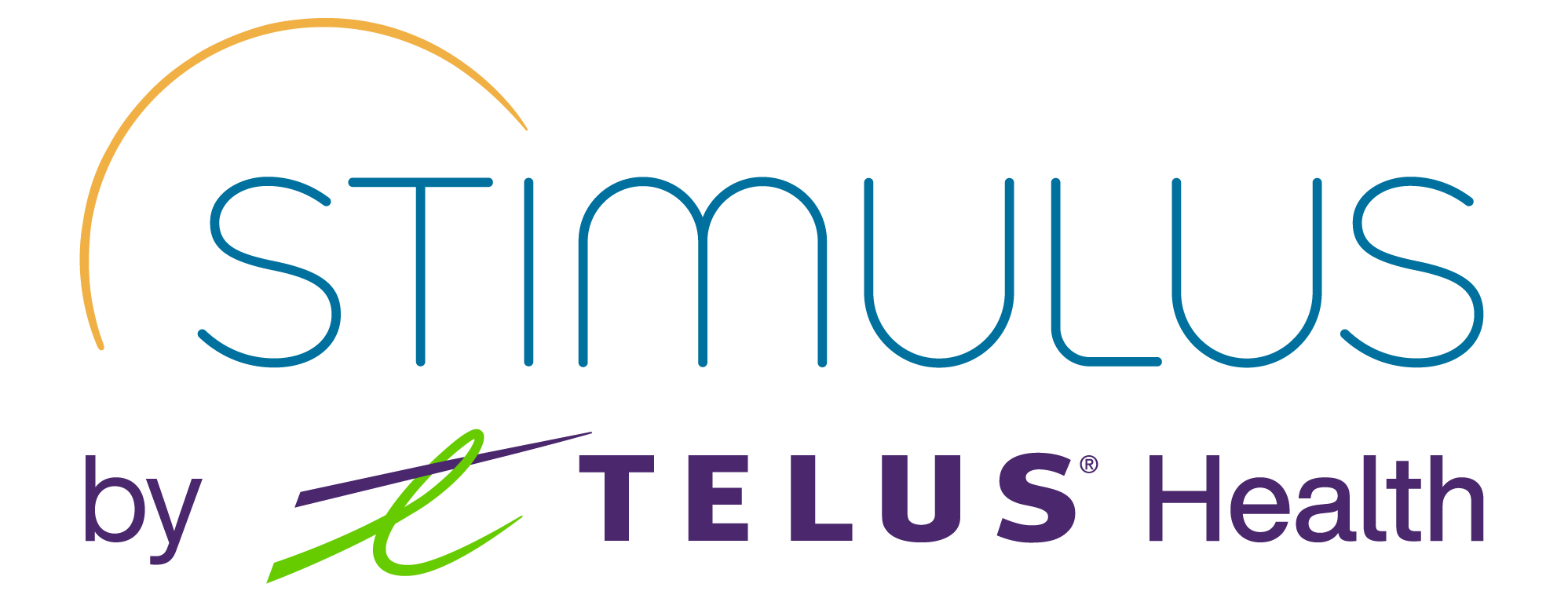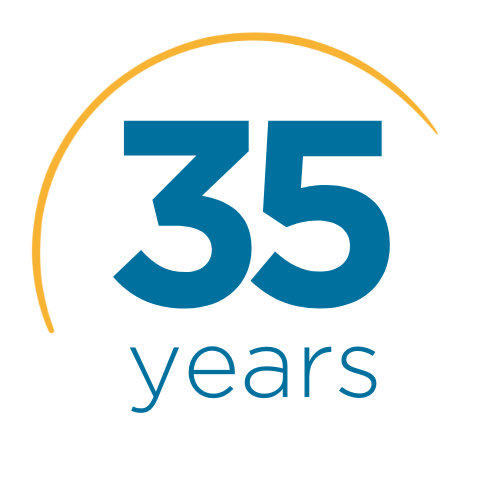Training by Stimulus : developments over time
Interview with Sarah CHALANDON-GOLDMAN, Head of Learning
How has training evolved at Stimulus?
Training is the first pillar of the firm, where it all began. In 1989, our preferred training topic was stress management: pragmatic training focused on the individual. Its main aim was to provide learners with keys to understanding and concrete tools, so that they could take real action on their day-to-day lives and their mental health, without waiting for the collective and organisational environment to change.
The training was provided by behavioural and cognitive psychologists, and the tools offered - thanks to their theoretical and scientific basis - were both robust and easy to understand.
35 years later, what has changed?
We have widened our prism. When we talk about mental health in the workplace, we're looking at the individual as well as the group and the organisation.
The formats have also evolved to adapt to the new demands of learners.

The traditional one-day training course is now rare, and our customers prefer the workshop format (3 hours), which focuses on real-life situations and peer-to-peer interaction, or e-learning (30 minutes to 1 hour), which provides learners with a common vocabulary on a subject of major importance to the company.
Generally speaking, I think we've managed to retain the Stimulus DNA when it comes to training. All our training courses have one thing in common: developing employees' emotional and relational skills. From a pedagogical point of view, we design each of our actions so as to give learners, as simply as possible, the opportunity to see their day-to-day work issues from a different angle, by precisely identifying their room for manoeuvre and practising taking action to make a difference, for their mental health and for working well together. Our priority is to get people moving.

What are the future challenges for training at Stimulus?
Generally speaking, I see two challenges for training at Stimulus.
The first challenge is to combine our customers' need for time with our need for pragmatism.
For some years now, and even more so since the period of isolation linked to COVID, our customers have been expecting us to develop their employees' emotional and relational skills as quickly as possible. In 1 hour, we have to raise their awareness of psychosocial risk prevention; in 3 hours, we have to teach them how to identify and support an employee in difficulty.
And this challenge of time must include our challenge of pragmatism. How can we have a lasting impact on corporate culture when our actions are limited and sequenced?
How can we change things in a short amount of time? And sometimes even from a distance? On subjects as subtle as emotions and relationships at work?
These are the questions we try to answer every day. In this regard, the integration of AI into our teaching methods is a novelty that opens up interesting prospects for meeting these challenges.
The second challenge is to make our training initiatives part of a wider prevention network.
As I said, emotional and relational skills cannot be acquired or transformed into behaviour in the space of an hour, three hours or a day. They need to be shared and tested by the learners on a regular basis, so that they become a permanent part of their way of doing things.
But all too often, soft skills training is still seen as a ‘gift’ from the employer to his employees, rather than being seen as an essential part of efficiency and living well together. Yet the link between mental health and productivity is well established, and the employer's responsibility towards mental health is now legally recognised.
Our challenge, then, is to bring our areas of expertise to life for longer in our customers' organisations, to give their employees a real opportunity to do things differently in their day-to-day working lives. If we combine training with coaching or co-development more frequently and over the long term, that's when we'll have the feeling that we're effectively helping employees to prevent their mental health and improve their efficiency and well-being together.
And finally, 3 words to define training at Stimulus
➡️ Experiential
A Stimulus training programme should evoke emotions, raise awareness and enable learners to practice actively.
➡️ Empowering
A Stimulus training session should help learners to identify their room for manoeuvre so that they can act differently the next day.
➡️ Caring
All our trainers are convinced by the subject they are dealing with, but do not seek to convince. Any comments or opinions expressed by learners will be heard and respected. It is from the plurality of shared opinions that the best individual and collective awareness will most often emerge.
You would like to find out more about our training offer?
Do you have a training project and would like to discuss it with our experts?


